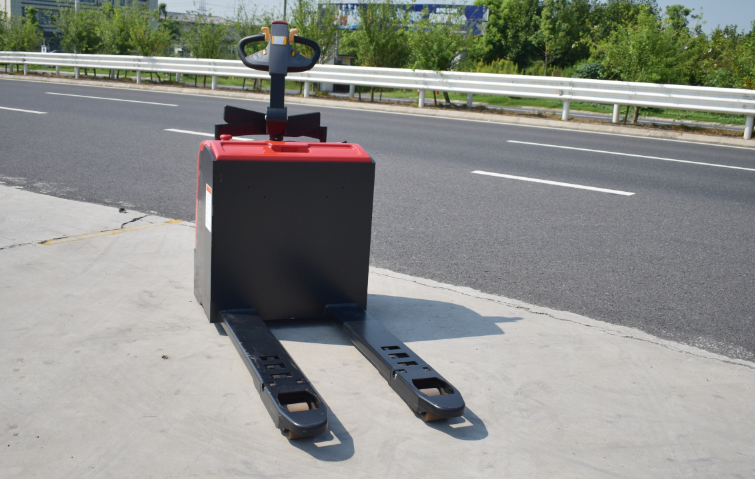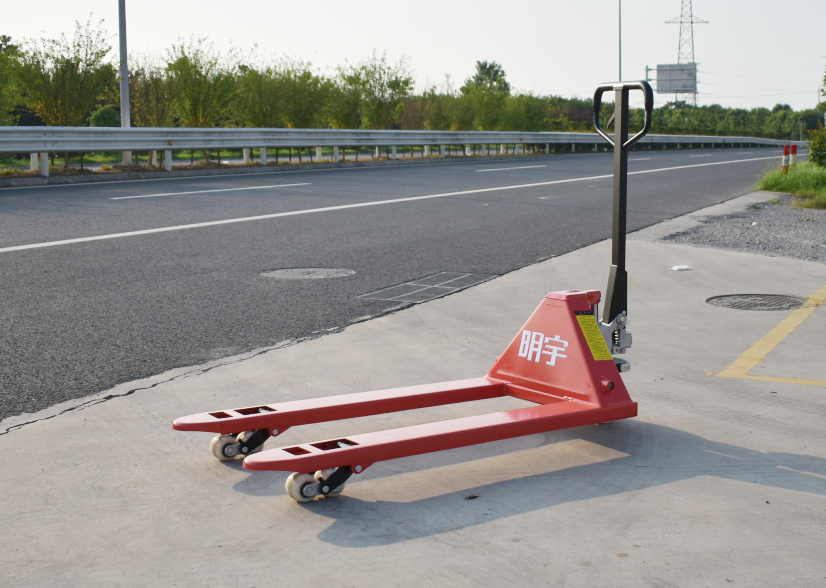Pallet trucks, indispensable tools in warehouses and logistics centers, come in various types, each with its own weight. Understanding the weight of a pallet truck is crucial for several reasons:
- Capacity Planning: Ensuring that the truck can handle the weight of the pallet and its load.
- Floor Load Capacity: Assessing the floor's ability to support the weight of the truck and its load.
- Transportation: Calculating transportation costs and determining the most efficient mode of transport.
- Operator Safety: Understanding the weight of the truck can help prevent injuries.
Factors Affecting the Weight of a Pallet Truck
Several factors influence the weight of a pallet truck:
- Material: The materials used in the construction of the truck, such as steel, aluminum, or a combination of both, significantly impact its weight.
- Capacity: The truck's load capacity is directly related to its weight. Higher capacity models are typically heavier.
- Battery (for electric models): Electric pallet trucks require batteries, which add weight to the overall machine.
- Additional Features: Features like hydraulic systems, electronic controls, and safety devices can increase the weight.
Weight Ranges for Different Types of Pallet Trucks
Let's explore the weight ranges for common types of pallet trucks:
1. Manual Pallet Truck (Hand Pallet Truck)
- Weight Range: Typically between 50 and 100 pounds (23-45 kg)
-
Factors Affecting Weight:
- Material: Steel or aluminum
- Fork length and capacity
- Additional features like hydraulic pump and steering mechanism
2. Electric Pallet Truck (Walkie Stacker)
- Weight Range: Typically between 200 and 400 pounds (91-181 kg)
-
Factors Affecting Weight:
- Battery type and size
- Motor power
- Hydraulic system
- Additional features like electronic controls and emergency stop

3. Rider Pallet Truck (Sit-Down Pallet Truck)
- Weight Range: Typically between 1,500 and 3,000 pounds (680-1361 kg)
-
Factors Affecting Weight:
- Engine size
- Hydraulic system
- Battery (for electric models)
- Operator compartment and safety features
Tips for Selecting the Right Pallet Truck Weight
When choosing a pallet truck, consider the following factors:
- Load Capacity: Ensure the truck can handle the maximum weight you'll be lifting.
- Maneuverability: A heavier truck may be less maneuverable in tight spaces.
- Operator Comfort: For rider pallet trucks, consider the weight distribution and seat comfort.
- Floor Load Capacity: The floor in your warehouse must be able to support the weight of the truck and its load.
- Transportation and Storage: Consider the weight of the truck when planning transportation and storage.
Conclusion
The weight of a pallet truck is an important factor to consider when selecting the right equipment for your specific needs. By understanding the factors that affect weight and the weight ranges of different types of pallet trucks, you can make informed decisions to optimize your material handling operations.
Post time:Nov.12.2024

